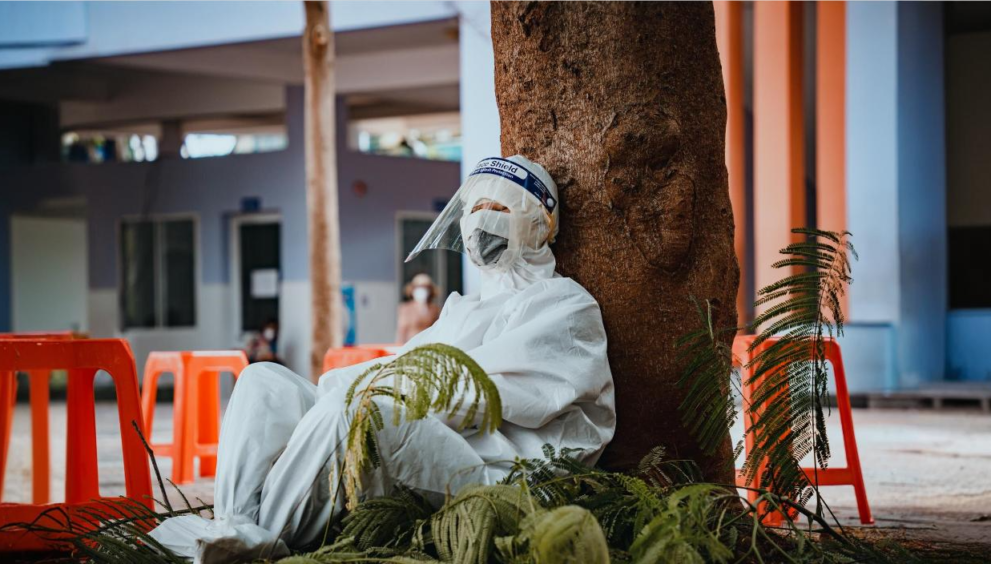2024: India marks major milestone in eliminating Neglected Tropical Diseases
Egypt became malaria-free after a century-long battle, joining Cabo Verde in this landmark health achievement
Author
Author
- admin / 1 year

- 0
- 2 min read

Author
India achieved a significant milestone this year by eliminating neglected tropical disease, marking progress in the fight against conditions such as human African trypanosomiasis, leprosy, lymphatic filariasis, and trachoma. Meanwhile, Egypt declared itself malaria-free after a century-long battle, and Cabo Verde joined the list of malaria-free nations, showcasing global advancements in combating infectious diseases.
In a statement released by WHO on Wednesday, the world health body says a wide range of diseases and conditions can be eliminated, including neglected infectious and vector-borne diseases, sexually transmitted infections, diseases passed from mother to child, diseases preventable by vaccination, and many others.
“Disease elimination improves socioeconomic conditions and increases quality of life for people and communities. In 2024 WHO Member States achieved several milestones in tackling these major global health challenges,” the global health body says.
Egypt became malaria-free after a century-long battle, and Cabo Verde too joined the ranks of malaria-free countries. The region of the Americas was reverified as measles-free. Similarly, maternal and neonatal tetanus were eliminated in Guinea.
Mother-to-child transmission of HIV and syphilis were eliminated in Belize, Jamaica and Saint Vincent and the Grenadines, and Namibia reached a key milestone towards elimination of mother-to-child transmission of HIV and hepatitis B.
“All these achievements represent an enormous amount of hard work over long periods of time. They are great victories, not just for the countries involved, but also for all partners and donors supporting WHO and for global health overall,” WHO says.
The WHO highlights that noncommunicable diseases (NCDs) such as heart disease, cancer, diabetes, and respiratory conditions are the leading cause of death and disability worldwide. “Because they are largely preventable, investments in prevention and control are cost-effective,” the statement notes.
However, the organization warns that commercial practices, including “aggressive marketing, industry lobbying, and in some cases interference in policy-making,” can obstruct or prevent countries from adopting these essential preventative measures.
Also read: India mandates snakebite reporting amid 50,000 annual deaths – First Check
(Do you have a health-related claim that you would like us to fact-check? Send it to us, and we will fact-check it for you! You can send it on WhatsApp at +91-9311223141, mail us at hello@firstcheck.in, or click here to submit it online)









